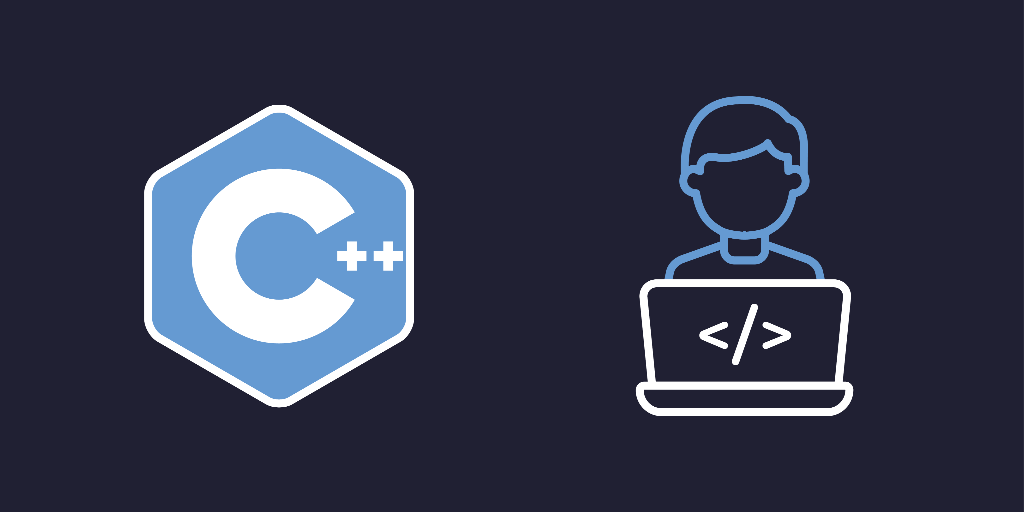Get familiar with the C++ Standard Library, key conventions, source examples, and C++11 enhancements.
2.
The Standard Library
3 Lessons
Look at the evolution of the C++ Standard Library, key utility libraries, and STL components.
Examine C++ libraries for numeric functions, text processing, I/O, filesystems, and multithreading.
4.
Application of Libraries
4 Lessons
Enhance your skills in utilizing C++ libraries, from including headers to managing namespaces and building executables.
Dig deeper into versatile tools in the C++ Standard Library for efficient data management.
6.
Useful Functions
4 Lessons
Investigate versatile functions like min, max, move, forward, and swap in C++.
7.
Adaptors for Functions
2 Lessons
Master how to use std::bind and std::function for efficient functional programming.
8.
Pairs and Tuples
2 Lessons
Learn how to use pairs and tuples for effective data grouping and manipulation in C++.
9.
Reference Wrappers
2 Lessons
Walk through using reference wrappers to enable flexible object copying and callable encapsulation in C++.
Examine how smart pointers improve memory management, including unique, shared, and weak pointers.
Grasp the fundamentals of C++ type traits, compile-time checks, and type modifications for optimized programming.
Take a look at C++'s time library enhancing multithreading with time point, duration, and clocks.
13.
std::any, std::optional, and std::variant
3 Lessons
Follow the process of utilizing std::any, std::optional, and std::variant for type-safe, flexible data handling.
14.
Interface of All Containers
6 Lessons
Build on the fundamental operations and functionalities of sequential and associative containers.
15.
Sequential Containers
6 Lessons
Learn how to use sequential containers in C++ for various data management needs.
16.
Associative Containers
2 Lessons
Look at C++'s versatile associative containers for efficient key-based data retrieval.
17.
Ordered Associative Containers
5 Lessons
Break apart the intricacies of ordered associative containers, their keys, values, and efficient search functions.
18.
Unordered Associative Containers
5 Lessons
Break down the steps to effectively use unordered associative containers in C++ for better performance.
19.
Adaptors for Containers
4 Lessons
Take a closer look at C++ container adaptors: stack, queue, and priority queue.
Follow the process of using C++ iterators for efficient container traversal and manipulation.
Piece together the parts of callable units like functions, function objects, and lambda functions.
Try out C++ algorithms, iterators, and execution policies for enhanced performance.
23.
Non-Modifying Algorithms
6 Lessons
Unpack the core of non-modifying algorithms in C++, covering searching, counting, checks, and comparisons.
24.
Modifying Algorithms
11 Lessons
Work your way through various C++ algorithms for modifying, moving, transforming, and managing ranges effectively.
Grasp the fundamentals of advanced C++ algorithms, including partitioning, sorting, and numeric operations.
26.
New Algorithms with C++17
2 Lessons
Take a closer look at new C++17 parallel execution algorithms like `reduce` and prefix sums.
Focus on random number generation and inherited numeric functions in C++.
Build on C++ string fundamentals, operations, conversions, and advanced manipulation techniques.
Get familiar with handling string views for efficient, non-owning string manipulations in C++.
30.
Regular Expressions
9 Lessons
Discover the logic behind using C++ regular expressions for text pattern matching, searching, and replacing.
31.
Input and Output Streams
9 Lessons
Work your way through C++ input, output, file, and string stream operations and management.
Break down the steps to manage files and directories using C++ filesystem utilities.
Take a look at C++ multithreading basics, memory model, atomic data, threads, and synchronization.
